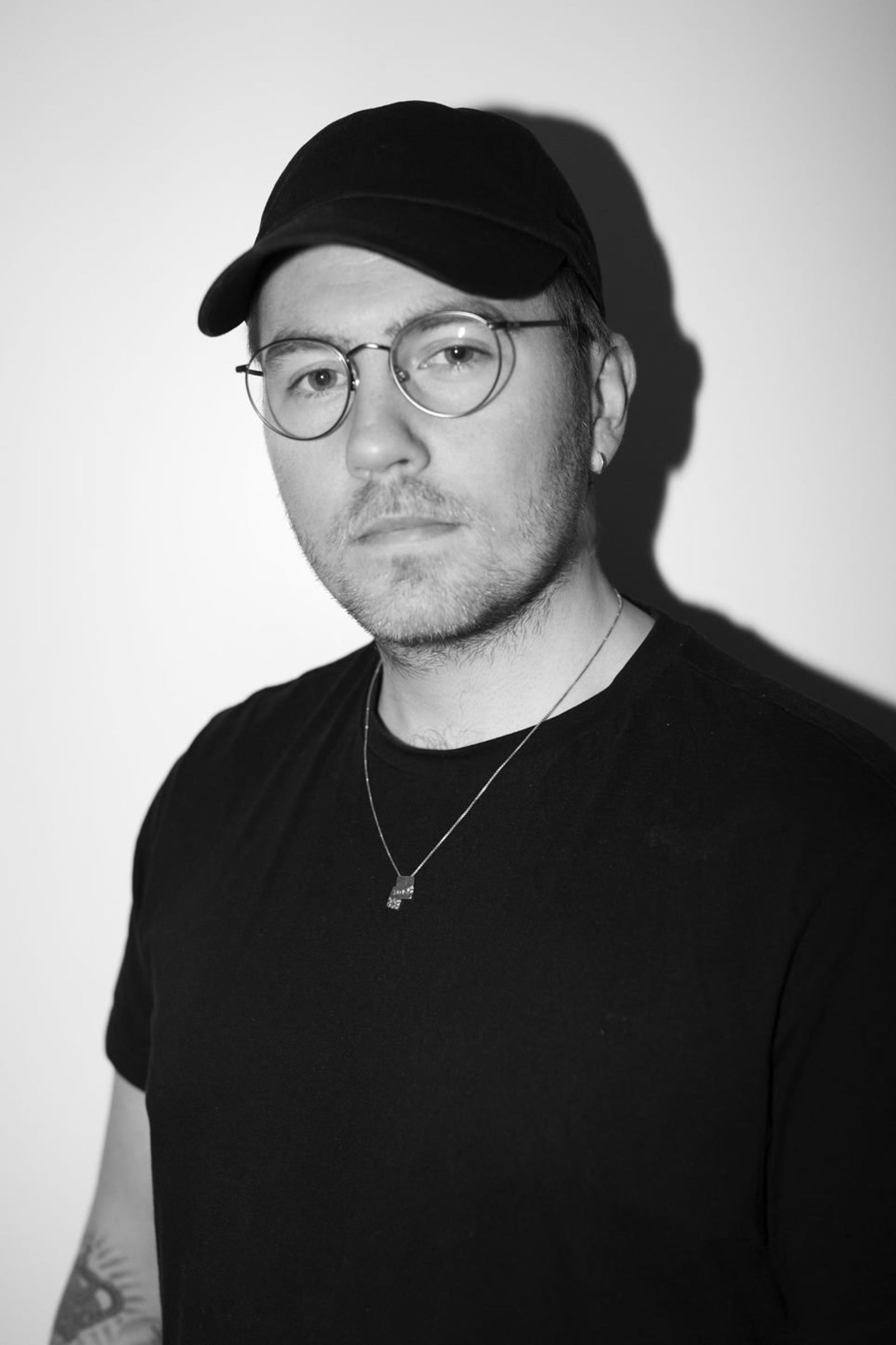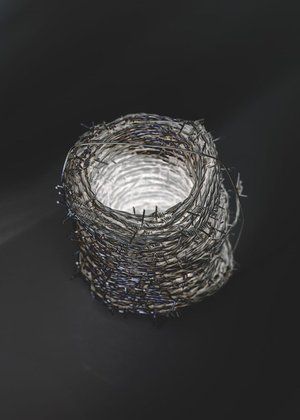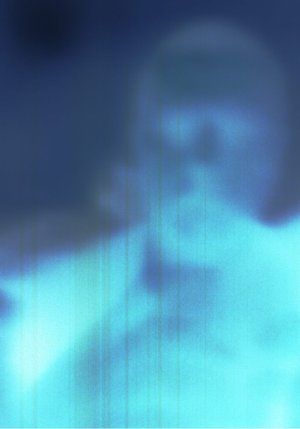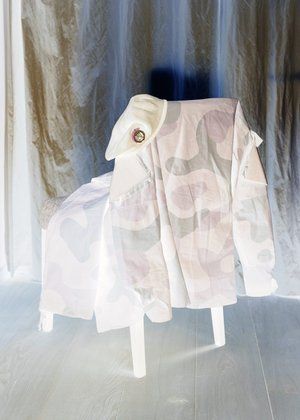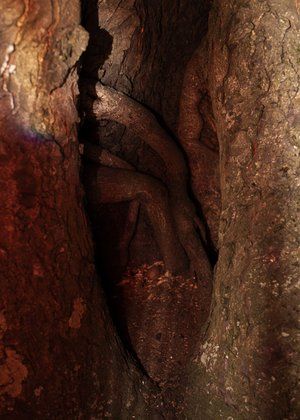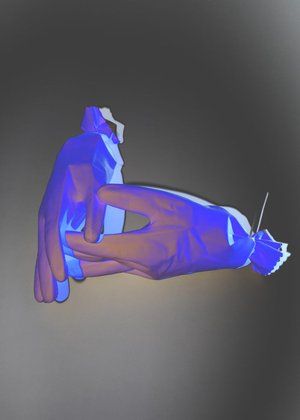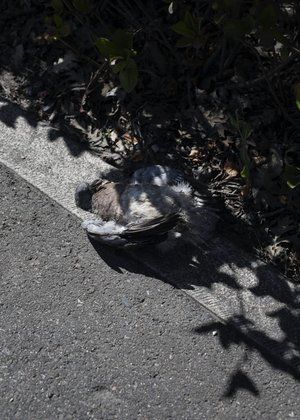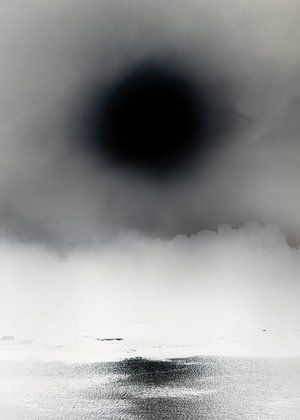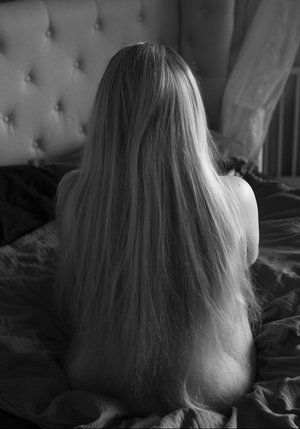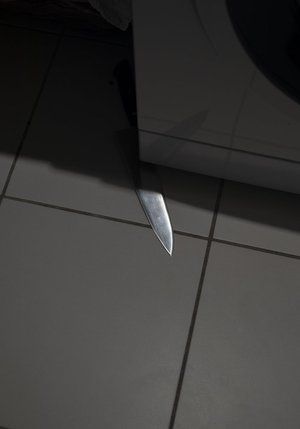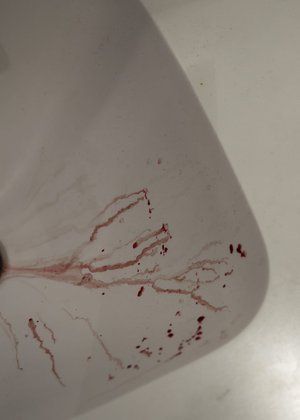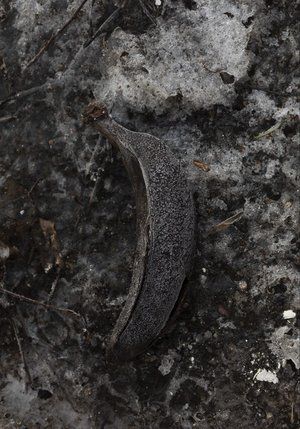Colin Lindberget Wright works as a Artist. Colin Lindberget Wright was born in 1995 in Norway and lives in Oslo /Gothenburg, Norway.
Colin Lindberget Wright (b.1995, Norway) is an artist working primarily with photography based in Oslo/Gothenburg. He is currently pursuing a BFA at HDK-Valand Academy in Gothenburg, Sweden. Wright's work revolves around the psychological, the things you can't see and are often drawn towards the darker sides of us. He uses photography as a tool to understand his emotional experiences, and make them come to life.
CO: To those who are not familiar with you or your work; how would you briefly explain it?
CW: My work uses the camera as the main medium and often explores themes such as death, angst and phobias. The projects are based on personal experiences I encounter through life.
CO: What is the most important drive for you to create and why?
CW: My work is my way of understanding and processing my thoughts. I tend to overthink all the time, and creating is a way for me to organise and have an output for my thoughts.
CO: How do your own experiences influence your work?
CW: In every way I suppose.
CO: Can you elaborate on an important moment in your life where you experienced a big change, chose to make one or another event which altered your way of thinking or your approach to creativity ?
CW: I was working on my final project at Bilder Nordic and was in a really bad situation mentally. The pandemic had just started and I was a wreck. I have always been afraid of death to the point where it really made an impact on my life. I started exploring this theme as a project and began taking photos and writing down thoughts I experienced when I was having panic attacks. In my project I worked with the morgue and went to funerals and saw death first hand. and after i finished this project I started feeling better. Using photography to explore my darkest thoughts helped me understand why I have them. And that was when I started using this as a theme for my creative progress
CO: What do you want to communicate through your work? Is there a message - political or otherwise?
CW: I don't have a specific message in my work. At least not one I try to think about when I work. I often create more for myself, and I like the thought that other people can identify with it or let their imagination run wild. But if i look back at my work I can see a common tread. Mental health is a subject I am really interested in, and I like to think that being open and outspoken about my mental health in my artwork can spread something positive.
CO: Who or what do you value as a great inspiration for you creatively?
CW: My greatest inspiration is the people around me. Especially my fellow students and artists. I'm a sucker for a good photo book and spend a lot of time browsing through them, but I get really inspired when i see people doing something new, at least new to me, and people that dare to explore things that are out of the box creatively.
CO: How does digital and social media affect or inspire your life and creations?
CW: It goes both ways for me. I can get really inspired because I get to see a lot of artworks throughout my day, but it can also be too much. I often get more confused about my own work when i spend to much time on social media.
CO: Do artists of today have some kind of of social responsibility?
CW: Yes and no. I think artistic freedom is the most important thing to make the most authentic art. I don't feel a responsibility for anyone who interacts with my art. But in general i think we have the power to impact people and with that comes some kind of responsibility.
CO: If you could change one thing in the world today, what would it be?
CW: I would have made the world slow down. Progression just for progressions sake is unhealthy for our mental stability and wellbeing. I always envy the people that grew up in a time where social media, and the internet in general didn't exist. The world moves so fast now, and we have no intention to stop.
CO: What does «collective» mean for you?
CW: For me It means a group of people working and acting together. A place where you share knowledge and help each other on our joint journey. I have always worked alone, and I like it that way, but I also like the thought of working alone in a group.
CO: What are the main reasons you collaborate with COLLECTIVE OSLO?
CW: I wanted a platform that could help me get my art out to the public, and at the same time saw it as a good chance to meet and connect with other creatives.
CO: What role do you think art should play in today's society?
CW: I think that it is harder to get the attention of people today because of the constant media stream, and so many artists try to make their voices heard. But for society at large I think artists are important for challenging the status quo and our social progression. Art can change the way we think, feel and educate us on themes and issues that are complicated to express otherwise.
CO: What do you aspire to? In the near future? In life in general?
CW: To know more of who I am as an artist, and as a person. I aspire to learn as much as I can and keep having fun creating.
